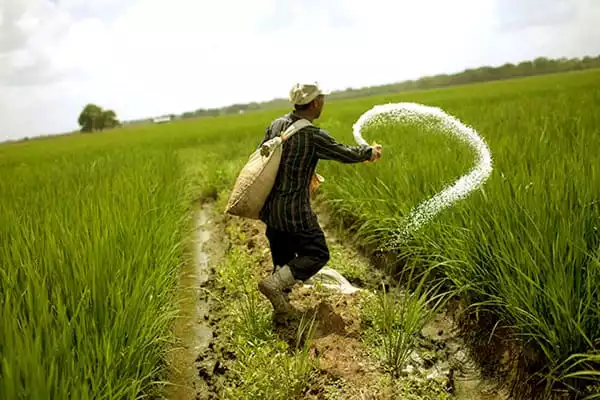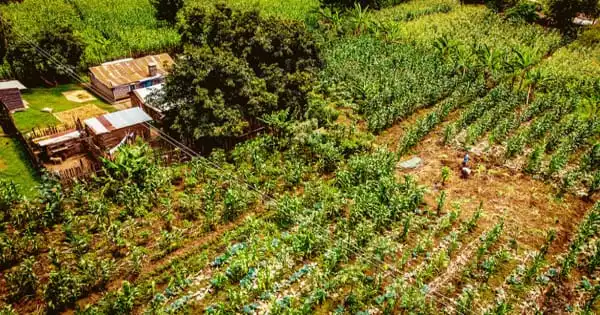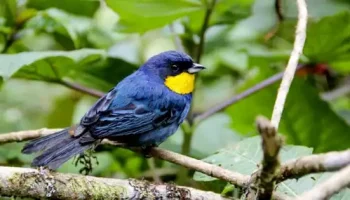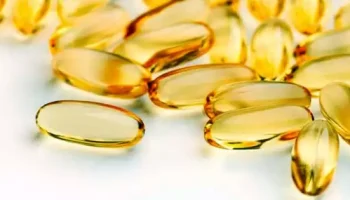Chemical fertilizers have the potential to significantly increase agricultural yields, yet fertilizer use remains low in Sub-Saharan Africa. In Kenya, researchers explored whether time-limited fertilizer coupons, farmer cooperatives, soil testing, and new technology adoptions enhance fertilizer use among farmers.
Most commercial fertilizer travels a great distance before reaching Kenyan farmers. Because of transportation costs, many farmers must rely on low-cost synthetic fertilizers, which can cause acidity and soil damage over time.
Elders have witnessed their grain harvests fall over the course of decades, resulting in an intergenerational problem. Safi Organics is now employing MIT’s D-Lab technology to create organic fertilizer that can help rehabilitate such farmlands. Locally produced fertilizer is manufactured from agricultural leftovers after harvest. Safi purchases crop leftovers from farmers, such as rice husks, and processes them locally before selling them back to farmers at affordable pricing. According to the firm, their fertilizer has been proved to minimize soil acidity and enhance crop yields by up to 30% following a single planting cycle.
For farmers who rely on their crops to exist, this is a life-changing rise. Farmers have been able to feed their families, send their children to school, and acquire financial independence as a result of the increased crop sales.
“Safi is decentralizing fertilizer production such that it can be carried out in rural villages for the first time”
Safi Co-founder and CTO Kevin Kung
Since 2015, the firm has been working with Kenyan farmers. Too far, Safi Organics’ fertilizer has been purchased by over 5,000 farmers. According to Kung, those farmers have reported an increase in profits of $800,000 as a result of higher agricultural harvests.
Safi is now working to bring its approach to India and other Sub-Saharan African countries

A long journey
Kung has spent more than three years on a research study to transform organic waste such as agricultural residue from African communities into charcoal for cooking fuel by the end of 2012. The Priscilla King Gray Public Service Fellowship, the MIT Tata Center, the MIT Legatum Center, and the MIT IDEAS Social Innovation Challenge program all contributed to Kung’s work.
Unfortunately, a series of failed pilot projects forced him to look for a long-term business plan while his MIT team disintegrated. So, in the summer of 2013, Kung decided to utilize some of his funds to fly to Kenya and collaborate with a local collaborator.
Samuel Rigu, an agricultural manager, approached him after he created a job description. Kung hired Rigu to oversee operations in Kenya when he returned to MIT at the conclusion of the summer, despite the fact that he was still working on his Ph.D.
Safi’s plants can now generate fertilizer for tens of thousands of farmers up to 20 kilometers distant. Furthermore, because Safi’s biochar is high in inert carbon, it sequesters carbon from the atmosphere when used as fertilizer. Safi Organics is the source of this image.
Kung came to admire Rigu’s commercial acumen shortly after he took over the project. Rigu discovered that, when coupled with other nutrients, the charcoal they were producing could be utilized as fertilizer for growing crops. The realization cleared the path for localized fertilizer manufacture, which would be cheaper than synthetic fertilizers imported from other countries.
Rigu was born in a disadvantaged rural agricultural hamlet and recalls his grandma crying as she spoke about the family’s land slowly losing its vitality.
Kung was sceptical about fertilizer production, but Rigu persuaded him to try it out with a small group of farmers. When harvest time arrived, some farmers who utilized the strategy virtually quadrupled their yields (pH tests later showed the fertilizer helped combat the acidification caused by other farming techniques). Rigu and Kung watched in awe as the increased money had a cascading impact throughout the community: The increased monies were utilized by impoverished farmers to send their children to school and enhance their crops.
The founders made the decision to start a business selling the soil formulation. Safi Organics was the name given to the company.
Safi’s manufacturing plants can now supply fertilizer to tens of thousands of farms up to 20 kilometers distant. Furthermore, because Safi’s biochar is high in inert carbon, it sequesters carbon from the atmosphere when used as fertilizer.
Meanwhile, Kung’s Ph.D. turned into a project to develop low-cost, portable biomass conversion equipment for use in rural regions, such as the tiny farms with which Safi works. His connection with Safi, he claims, helped him keep his Ph.D. work relevant to real-world problems.
“Safi began as an MIT project,” Kung says. “We have to learn how to engage local partners and accept that they, not us, will sometimes become the advocates of these programs and have the last say in the course of things.”
Partnerships for impact
Due to supply chain interruptions created by Covid-19, Safi’s locally produced fertilizer has become an essential component of farmers’ livelihoods. The Safi team at Covid-19 wants to spread their idea to other regions of the world where rural farmers are overpaying for low-cost fertilizers. The company is doing research in Tanzania and Uganda to explore if local partners can establish self-sustaining enterprises. Another organization in India is trying to duplicate the technique with farmers in northern Punjab.





